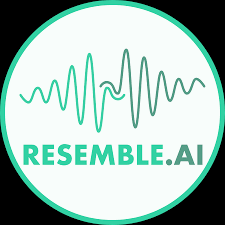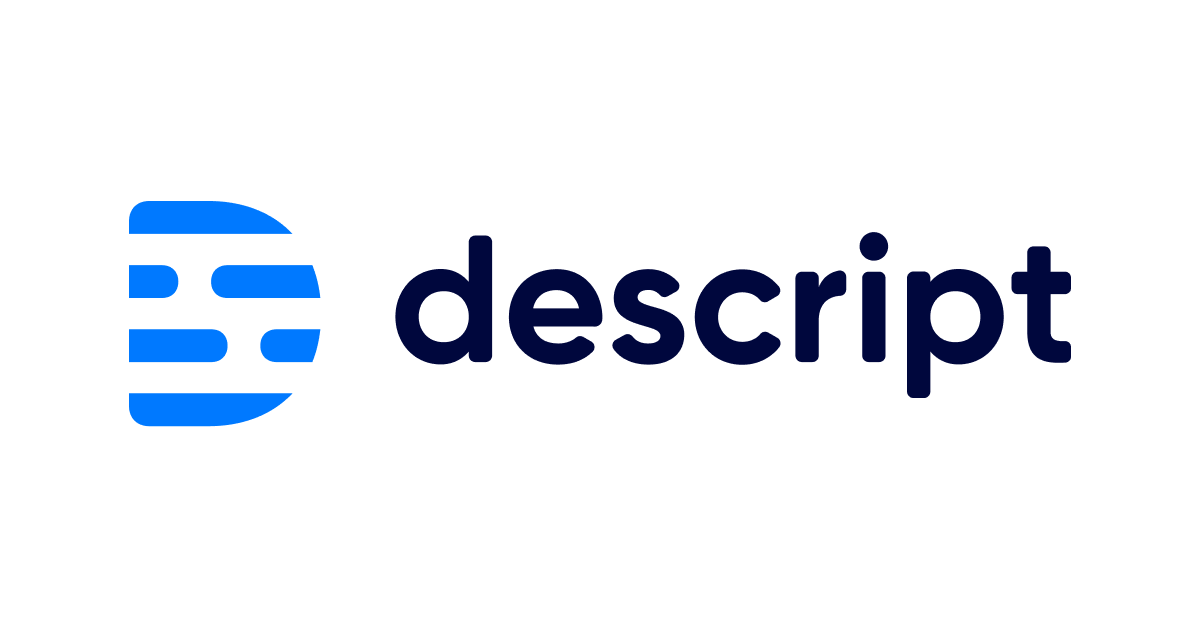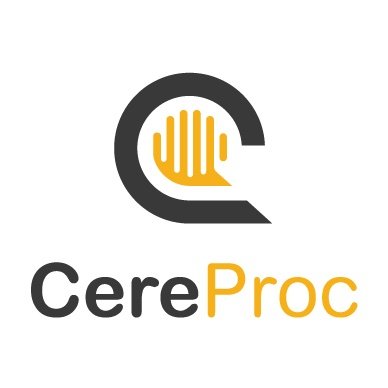Today when content creation is soaring, the ability to clone one's voice offers an unparalleled advantage. It's fascinating how far we've come from the inception of voice cloning to the high-quality voice technology available today. Nowadays, there are apps available for free that can guide you in your voice cloning journey. See how you can clone your voice for free with surprisingly accurate results - in just 30 seconds!
History of Voice Cloning
Voice cloning, an intricate blend of art and science, has its roots deep within the records of technological history. The evolution of this fascinating capability can be traced back several decades, intertwined with advancements in various technological fields. To appreciate the nuanced voice cloning tools of today, it's essential to understand the journey.
As technology transitioned from analog mechanisms to digital systems, so did the field of speech synthesis. The 1980s witnessed the introduction of digital signal processors, making way for software-based voice synthesis solutions. This era brought forth the first computer-based systems that could read text in a synthesized voice, although these voices often sounded robotic and lacked the nuance of genuine human speech.
The real game-changer in the history of voice cloning was the integration of artificial intelligence (AI) methodologies, particularly deep learning and machine learning algorithms. With these at the helm, the 21st century marked a significant transition. Researchers could now train complex models on vast datasets of human voices, enabling these models to generate speech that was eerily similar to a human's voice.
This phase of history also saw the rise of the term "voice cloning." It's one thing to produce a generic synthetic voice, but the ability to capture and replicate the unique voice characteristics of an individual? That's true voice cloning. This became possible with deep learning techniques like recurrent neural networks (RNNs) and later with more sophisticated models like Generative Adversarial Networks (GANs).
The last decade has been monumental for voice cloning. With the convergence of big data, advanced neural network architectures, and increased computational power, the line between synthetic and human voices started to blur. We began seeing applications where a person's voice could be cloned from just a few minutes of voice recording. These cloned voices found applications in various sectors, from entertainment and video content dubbing to creating custom voice assistants.
Voice Cloning Benefits
Content Creation: For content creators producing video content, podcasts, or audiobooks, voice cloning technology allows them to maintain a consistent voice, even if the original voice actor is unavailable.
Customization: Game developers can craft unique voice avatars for characters using a custom voice.
Accessibility: Text-to-speech applications help those with reading difficulties or visual impairments by turning written content into spoken words in a voice familiar to the user.
Multilingual Applications: Translate content into English (or any language) and have it spoken in one's own voice.
10 Free Voice Cloning Apps
The technological landscape has seen a surge in voice cloning applications, all vying to provide the best quality and features. As such, users are spoilt for choice. Below, we dive deeper into ten of the most notable free voice cloning applications available. These tools have free versions or trials that you can avail of for your voice cloning needs.

- Key Features: Real-time voice cloning, high-quality output, and integration with various platforms.
- User Experience: A friendly interface that's easy to navigate, even for beginners.
- Applications: Ideal for producing content like podcasts, video voiceovers, and reading tools for the visually impaired.

2. Play.ht:
- Key Features: AI-generated voices suitable for content creators, especially podcasters.
- User Experience: Smooth and streamlined, allowing for quick voice cloning and integration.
- Applications: Primarily caters to podcast production but is versatile enough for other audio content.

3. Resemble.ai:
- Key Features: Leveraging deep learning for high-quality voice models.
- User Experience: A comprehensive platform, offering a plethora of customization options.
- Applications: Suitable for game development, video dubbing, and interactive applications.

4. Descript:
- Key Features: Unique voice editing capabilities, allowing for precise voice dubbing.
- User Experience: Intuitive drag-and-drop features make it user-friendly.
- Applications: Podcast editing, video production, and content revision.

5. iSpeech:
- Key Features: While it's an older tool, its basic voice cloning capabilities are reliable.
- User Experience: Simplistic interface with straightforward features.
- Applications: Ideal for beginners exploring voice cloning or for basic TTS applications.
6. DeepVoice:
- Key Features: Employs deepfake technology, producing eerily accurate voiceovers.
- User Experience: Geared towards tech-savvy users with an understanding of deep learning.
- Applications: Advanced voiceover projects and audio content.

7. CereVoice Me:
- Key Features: Offers a robust voice cloner tool that focuses on capturing individual nuances.
- User Experience: User-centric with an emphasis on voice personalization.
- Applications: Personal voice assistants, custom voice avatars, and more.

8. Vocodes:
- Key Features: A voice changer tool equipped with a range of effects.
- User Experience: Fun and engaging, allowing users to experiment with diverse voice effects.
- Applications: Primarily for entertainment, music, and casual voice alterations.

Modulate.ai:
- Key Features: Provides unique voice skins tailored for game developers.
- User Experience: Designed with game developers in mind, offering seamless integration into gaming platforms.
- Applications: Video game voiceovers, NPC dialogues, and interactive storytelling.

10. 15.ai:
- Key Features: A platform boasting a vast variety of generated voices, from celebrities to fictional characters.
- User Experience: User-friendly with an extensive library of voices to choose from.
- Applications: Entertainment, fan projects, and experimental voiceovers.
In Conclusion
Choosing a voice cloning app depends largely on one's needs. While some platforms excel in producing hyper-realistic voices, others focus on ease of use and integration. Exploring these applications gives one a glimpse into the cutting-edge world of voice cloning and the different possibilities it offers.
Why Speechify Voice Cloning is The Best App
When we talk about free voice cloning software, Speechify Voice Cloning stands out, and here's why:
Quality Over Quantity: Unlike other apps, Speechify Voice Cloning places emphasis on producing high-quality voice outputs rather than an array of mediocre ones.
Ease of Use: Its user-friendly interface allows users, even those unfamiliar with AI technology, to clone voices effortlessly.
Affordability: While the base version is free, the pricing for advanced features is competitive.
Security: In a world where data is invaluable, Speechify Voice Cloning ensures users' voice samples are protected.
Voice Cloning For Your Content
Voice cloning, a marvel of modern AI technology, is changing the way we produce and consume audio content. Whether it's voiceovers for video content, narrating podcasts in your own voice, or creating unique avatars in games, the applications are endless.
As AI voice technology continues to evolve, platforms like Speechify Voice Cloning are ensuring that everyone, from content creators to game developers, can leverage this incredible tool. Whether you're looking to integrate it through an API, transform TTS for audiobooks, or just explore the realm of voice actors in a new light, voice cloning has undoubtedly revolutionized audio content creation. So, if you're on the hunt for a voice cloning tool that offers high-quality, realistic voices, with competitive pricing, Speechify Voice Cloning should be at the top of your list.
FAQs
How can I clone my voice for free?
Utilize free voice cloning apps like Speechify Voice Cloning to start cloning your voice with just a few voice recordings.
Where can I find voice cloning software?
Most voice cloning software is available online, with platforms like Play.ht, Resemble.ai, and, of course, Speechify Voice Cloning.
How much is voice cloning software?
While many platforms offer free versions, pricing varies for premium features. Speechify Voice Cloning, for instance, provides competitive pricing for its high-quality voice services.
Does voice cloning sound human?
With the advancements in AI voice cloning and speech synthesis, the output is becoming increasingly lifelike, closely resembling human voices.





